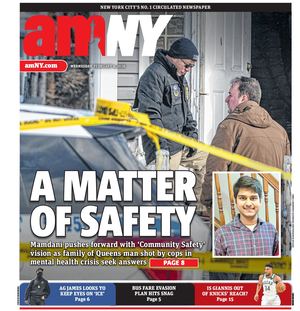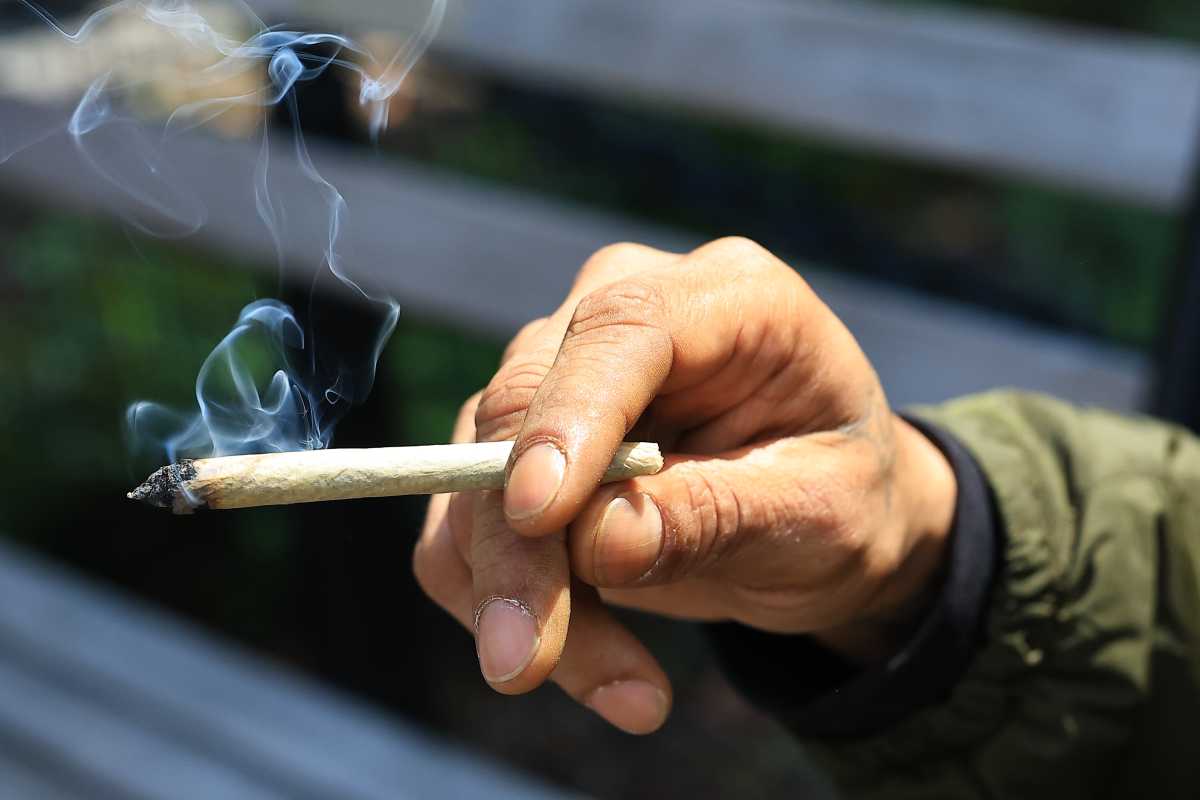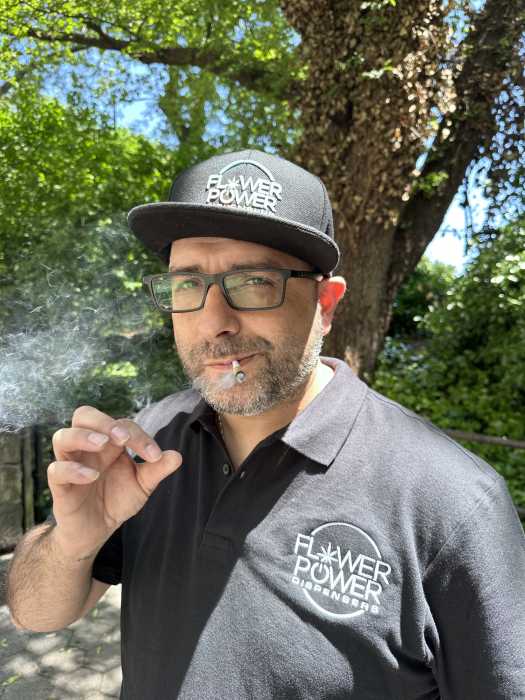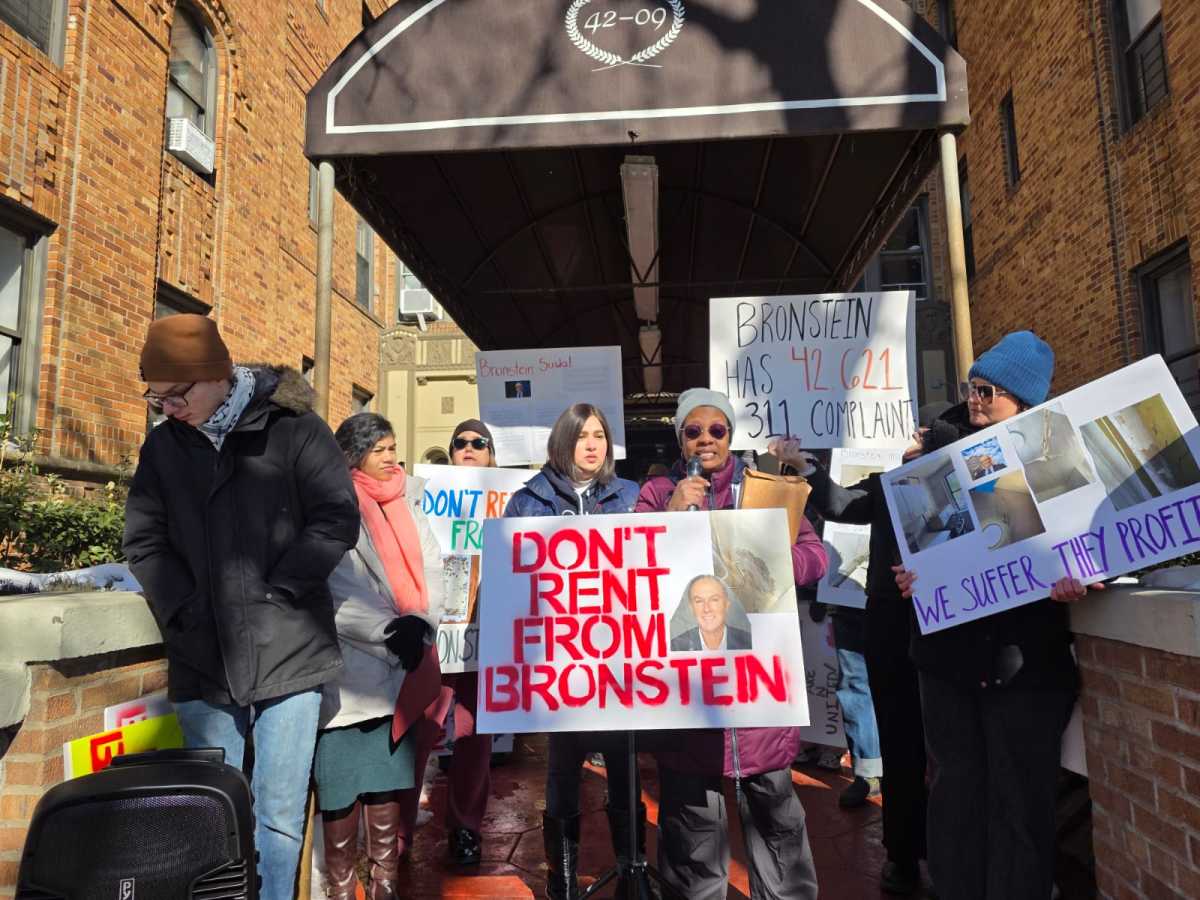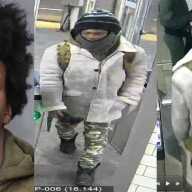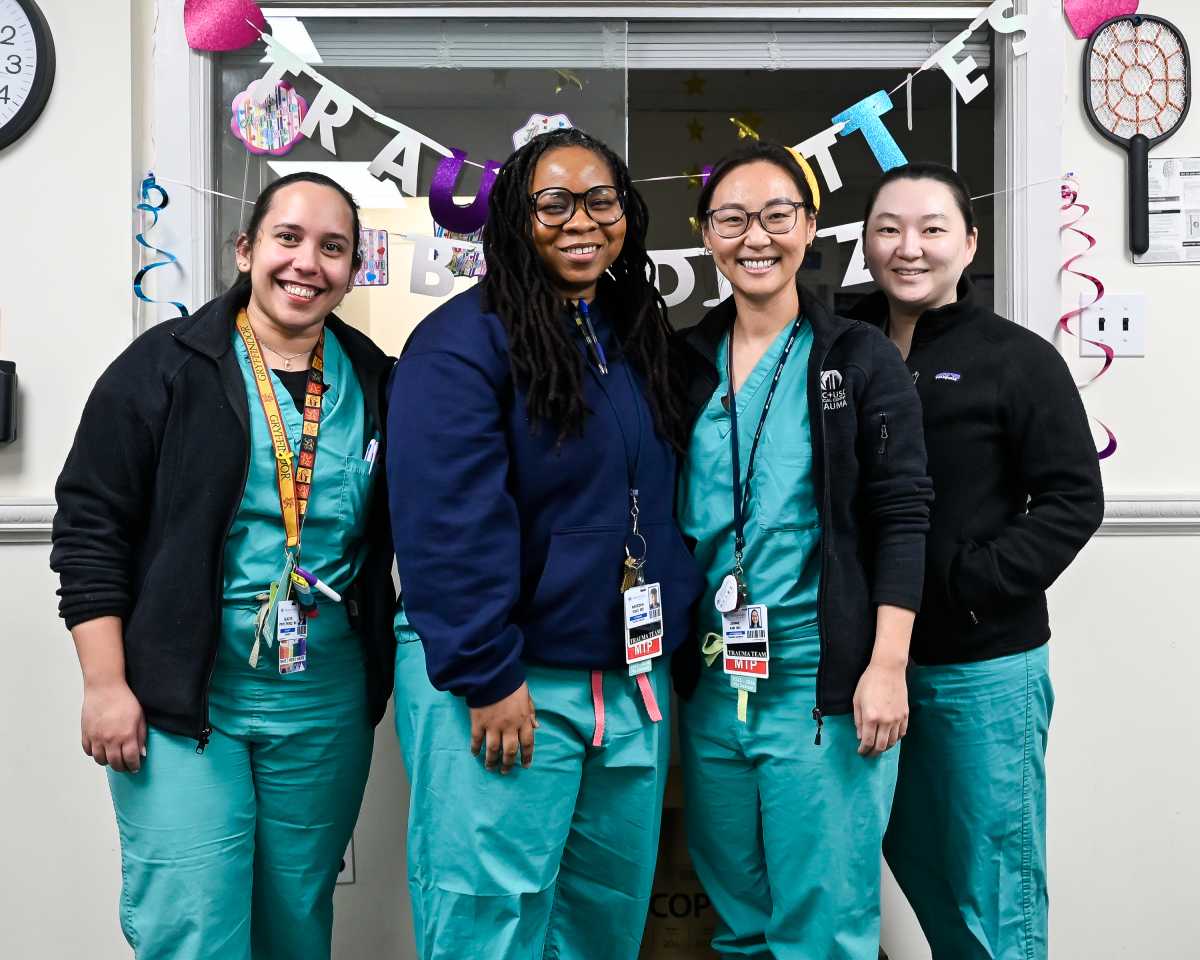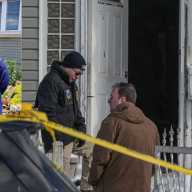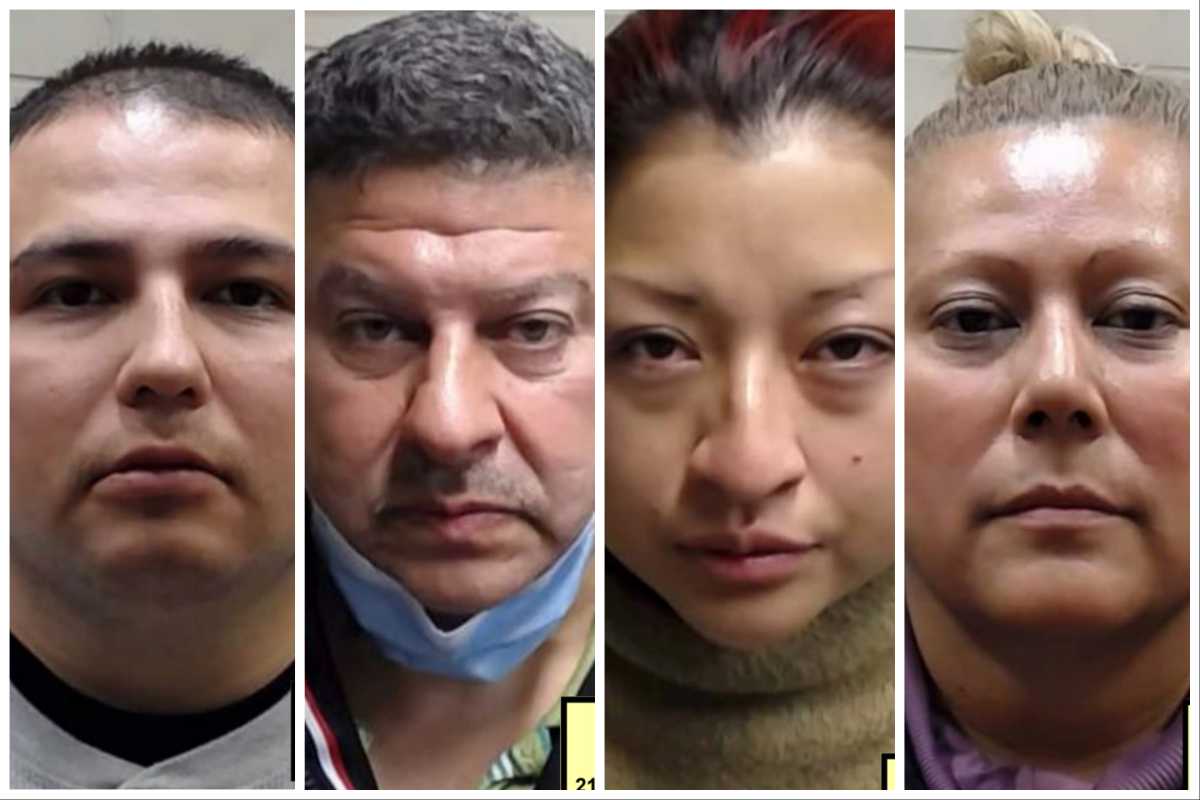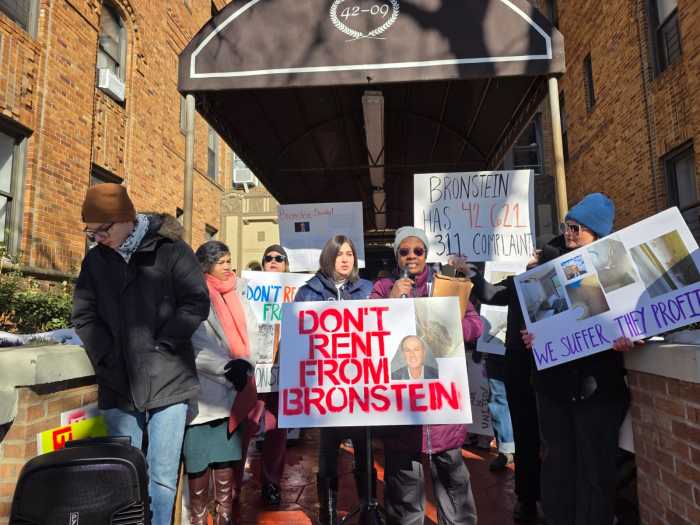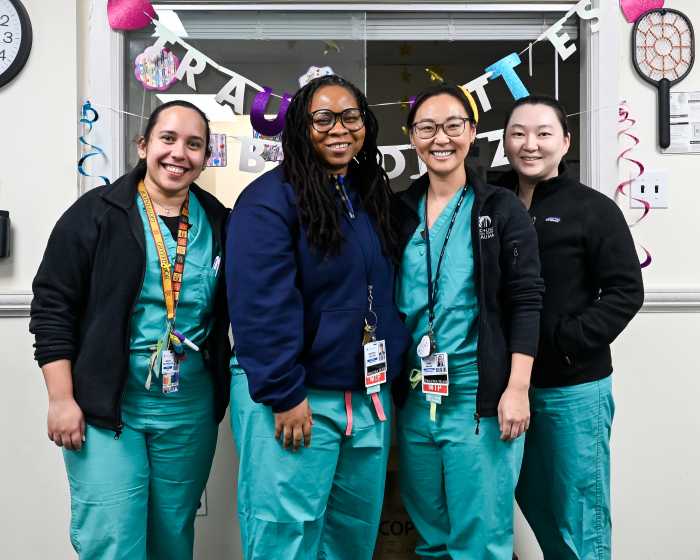A Bronx lawmaker has introduced legislation to shield more than 100 state-licensed cannabis dispensaries from losing their ability to operate after the state’s Office of Cannabis Management reinterpreted a key zoning rule last week. But a coalition of impacted businesses says the fix cannot wait until lawmakers return in January.
State Sen. Luis Sepúlveda’s bill, S8469, would allow any adult-use retail dispensary licensee approved by OCM before July 28, 2025, to be deemed compliant for license renewal and continued operation “regardless of such business location’s proximity to a school property line,” provided they met the standards in place at the time of approval. Any applicants beyond that date would have to adhere to the new guidelines.
The measure would “grandfather in any licenses that were approved in error” and aims to protect many Conditional Adult-Use Retail Dispensary (CAURD) license holders who, Sepúlveda wrote in his sponsor memo, “acted in good faith and followed all procedures under the authority and direction of the state.” Penalizing them retroactively, he said, “would be unfair” and risk “destabilizing the state’s developing cannabis industry.”
“Many businesses were started by individuals from communities of color — individuals who invested their money, blood, sweat, and tears to start their cannabis business off the ground,” Sepúlveda said in a statement. “It is inherently unfair that after they invested hundreds of thousands of dollars to now be told, because of an error by the licensing authority, that their licenses will not be renewed. That should not be the way for the state to conduct business with individuals in a new industry. It creates uncertainty and distrust.”
Last week, OCM informed 152 cannabis businesses and license applicants statewide that, following an internal review, it had not been properly applying the law that prohibits retail dispensaries from operating within 500 feet of school grounds — measuring from entrances rather than property lines as state law requires. The majority of those affected are in the five boroughs, with 38 applicants and 89 licensees located in newly designated non-compliant zones.
Some cannabis businesses feel like they’re stuck in limbo
The July 28 letter from OCM Executive Director Felicia A.B. Reid stated the agency could not renew licenses for noncompliant sites, meaning operators would need to relocate before renewal. Two days later, OCM issued a second advisory saying license holders with renewals due during the “limbo period” could continue operating under the State Administrative Procedures Act (SAPA) if they filed “timely and sufficient” renewal applications.
Gov. Kathy Hochul has defended the SAPA workaround, saying it will allow dispensaries to keep operating while a “legislative fix” is pursued. “I will protect these businesses. I’ll protect them,” she said Friday, calling the earlier measurement method “a major screw up” under former OCM leadership. She said she explored issuing an executive order but decided it would be too temporary.
Dispensary owners “will not be exposed to legal problems,” Hochul said, adding that the changes were uncovered after she demanded “new leadership and overhaul” at the agency.
“We can’t break the law. The law is the law. We have to follow it, but I’m also supportive of changing the law,” she said.
Osbert Orduña, chair of the Service Disabled Veterans in Cannabis Association, and whose store, The Cannabis Place in Queens, is among the businesses impacted by the rule change, welcomed Sepúlveda’s leadership on the issue but stressed that “we can’t wait to 2026.”
Orduña has organized a coalition he named “F**ked By OCM” that he said so far includes “a third of the 152 impacted businesses” statewide, that is now calling on Gov. Hochul to convene a special session in October to put the bill to a vote. The coalition includes well-known dispensaries such as Housing Works in Manhattan and The People’s Joint in Albany, he said.
“The group is multifaceted. It’s to organize first and foremost, so that we have a collective voice as affected businesses,” Orduña said. “This is a combat mindset. We were attacked. We’re now organizing.”
“This can’t wait until January,” he added. “The solution is simple: grandfather in the licenses that were approved under the original interpretation. If not, you’re destroying businesses that followed every rule.”
Hochul rep: ‘Absolutely no need’ for special session on cannabis bill
A spokesperson for Hochul’s office and the OCM told amNewYork there is “absolutely no need” for a special session, stressing that CAURD holders caught up in the issue are “legally protected” in the interim.
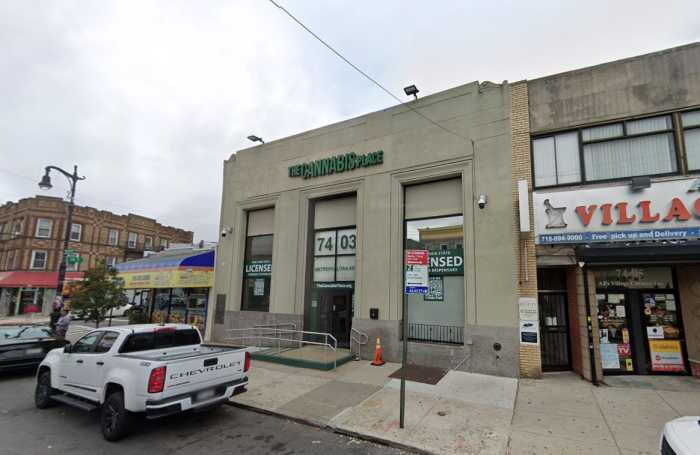
But Orduña believes operating under SAPA without an “active license” will cause cascading problems. “The bank will not receive your funds if you don’t have a valid license on file… insurance companies will not cover you… our leases are automatically put in a state of flux… New York State workers’ comp will not cover us if we don’t have… a valid cannabis license,” he said.
Orduña said his shop, which is near “a preschool… located in the first floor of a condo building” but 503 feet away door to door, employs nearly 30 people and has contributed more than $1.2 million in state tax revenue since opening in early 2024.
Hochul’s spokesperson pushed back on this interpretation, claiming that if licensee holders follow the renewal steps laid out by the OCM they will be in compliance and be “legally protected during the renewal process” should such issues arise.
Likewise, the OCM said licensees impacted by the proximity correction can continue to operate fully, “meaning they can continue the full scope of business operations.”
“If an impacted licensee is upcoming for renewal, so long as they submit a timely and sufficient renewal application, they can continue to operate fully pending OCM’s determination on the renewal application,” an OCM spokesperson said. “If, while OCM and the Governor’s Office pursue legislation to address the impact OCM’s proximity correction, an impacted licensee needs proof of the license validity / a letter of good standing for business operating purposes, they can request one from OCM.”
However, the Marine veteran said the instability of the fallout has already caused some investors to back out of ongoing deals with his company, which also operates as a fully licensed cannabis delivery service for Brooklyn, Manhattan, Queens, Nassau, and Suffolk Counties. “One day we’re having meetings about expansion, and the next, people are pulling out because they can’t trust the state,” he said. “You can’t build an industry on that.”
The coalition plans to rally at City Hall on Friday to urge state legislators convene a special session to pass Sepúlveda’s bill with amendments “that are agreed upon by the community of advocates and social equity dispensaries.”
There are currently 444 adult-use cannabis dispensaries statewide, 177 of them in NYC. According to the state budget office, cannabis tax revenue is projected at $161.8 million for FY 2025 and close to $250 million for FY 2026. Given the industry’s growing tax revenue, Orduña said it makes sense they be part of any budgetary special session.
It had been speculated that lawmakers would reconvene in Albany this fall to address a projected $750 million gap caused by federal Medicaid spending reductions enacted under President Donald Trump’s recent tax reform package. But legislative leaders stated last month they had no plans to do so.
Jeffrey Hoffman, a cannabis attorney representing affected clients, said the SAPA approach is “not a good fix” but “the best the OCM can do” without new legislation. He said the definition of “initial license” in Sepúlveda’s bill should be clarified but that it “definitely helps the open stores” and “could help everyone depending on that definition.”
“I do anticipate a good amount of pushback from folks that don’t like this,” Hoffman said.
